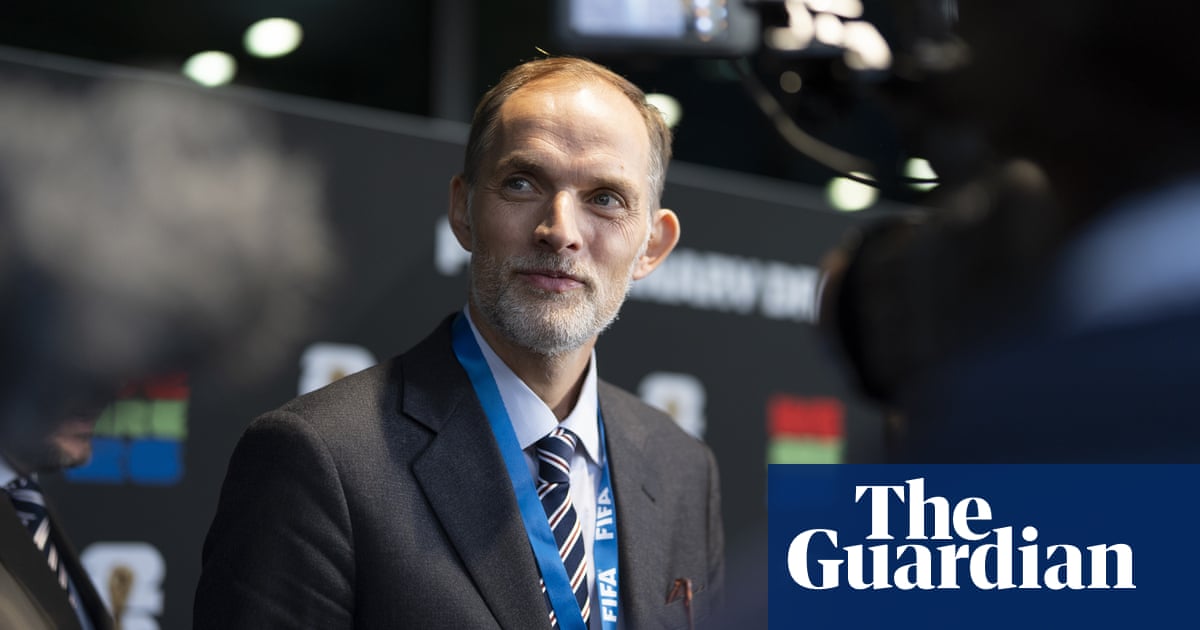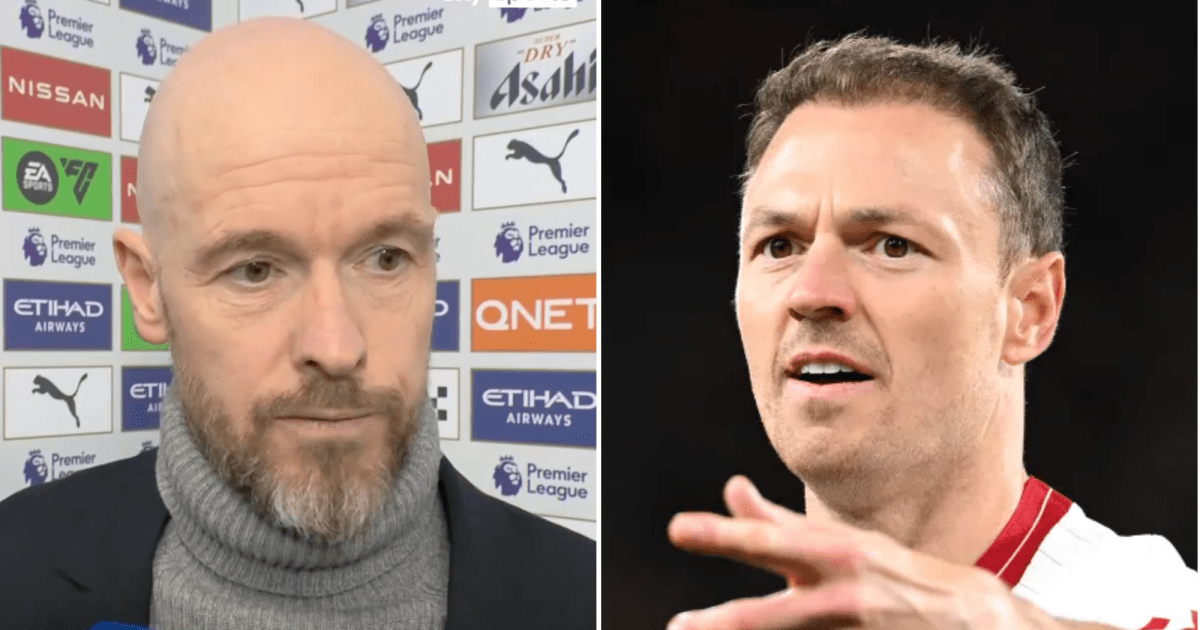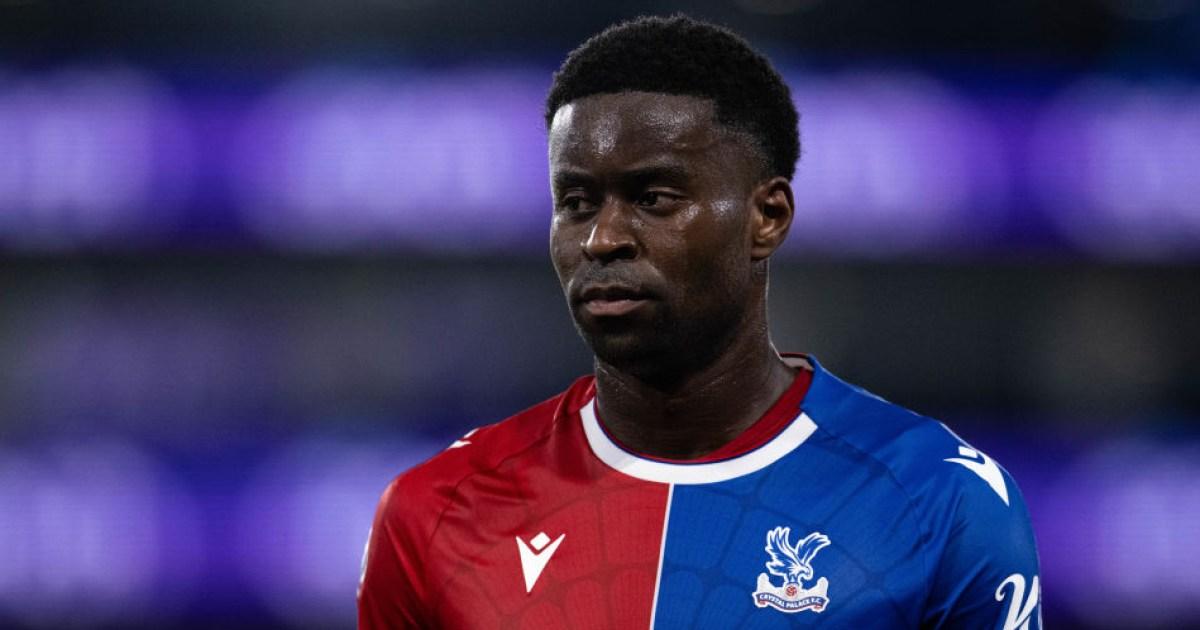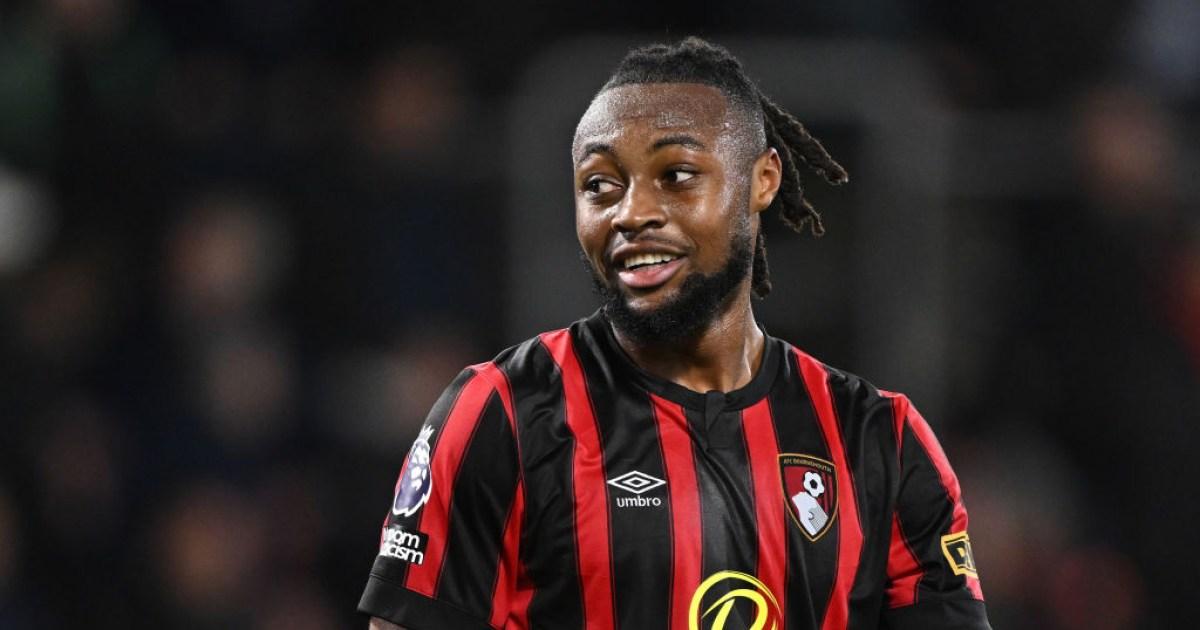Thomas Tuchel insists England must take the challenge of qualification for the 2026 World Cup “very seriously” after being drawn against Serbia, Albania, Latvia and Andorra in Zurich.
The German officially takes over as head coach on 1 January and will take heart from the fact England have never lost to any of the teams they will face on the road to the tournament in the United States, Canada and Mexico.
England have only met Serbia once in their history as a single nation – at this year’s Euros where a Jude Bellingham goal proved decisive in a group stage encounter. They have won all six previous meetings with Albania – all World Cup qualifiers – and ast came across each other in qualifying for the last finals in Qatar. Gareth Southgate’s men beat Albania 5-0 at Wembley in November 2021.
Latvia will be new opponents at senior level for England, while Andorra were also in England’s group for qualifying for Qatar. England won the home encounter 4-0 and a 5-0 victory in the return. Asked about facing Serbia and Albania, Tuchel told BBC Radio 5 Live: “They are always very talented individual players, a very emotional group, a very emotional crowd. So they can always surprise. We have to take this very seriously. It’s a first fixture with Latvia, so a new challenge for all of us.
“And then we are clear favourites, of course, against Andorra, but qualification is key now. Qualification is top priority. We have to be serious. We have to be determined, and we have to show what we’re up for in this group of five.”
Tuchel was asked if he was confident of finishing top of the group, and added: “I don’t see it as a given. The gap closes more and more between the big nations and the small nations. You see it in the Euros lately. There are no such thing as results that are already done before the match is played. The smaller nations have become stronger and stronger. So we have to earn our place. We have to earn our top spot.”
Scotland are in a four-team group, and will face whichever team loses the Nations League quarter-final tie between Portugal and Denmark, along with Greece and Belarus. They also face Greece in a Nations League promotion-relegation play-off in March.
The Scotland manager, Steve Clarke, has trained his sights on a long-awaited return to the global stage. Despite qualifying for the last two Euros – most recently in Germany in the summer – Scotland have not played in a World Cup finals since France 1998 and Clarke said: “When I spoke after the tournament in the summer, I said that one of my main remaining ambitions is to go to a World Cup with my country.
“These qualifying games give me an opportunity to do that and I’m going to give it everything I’ve got and I’m sure my players will do the same. We’ve played teams at the highest level recently and we’ve seen that we have to be right at the top of our game to get points from them.
“It was a difficult year but we finished it well. We showed that we can compete against the top teams and that’s what we will have to do if we want to get to the World Cup. “The fact we have already seen so many supporters renewing their memberships, it shows that the supporters buy in to this team and what we’re trying to achieve.
“The players are desperate to do well for their country and I think the supporters appreciate that. We want the supporters to be involved as much as possible because we saw in Germany that when the Tartan Army are in full voice, they are a force to be reckoned with. The squad is full of players who want to go to the World Cup so now is the time to do it.”
Wales are in a group featuring Belgium, North Macedonia, Kazakhstan and Liechtenstein as they aim to qualify for a second successive World Cup. Wales met Belgium in qualifying for the last World Cup, and even more recently in the 2022 Nations League. They famously beat Belgium 3-1 to reach the semi-finals of Euro 2016, but have not won any of the subsequent four meetings.
after newsletter promotion
Quick Guide
World Cup 2026: Uefa qualifying draw
Show

Group A: Germany v Italy winner, Slovakia, N. Ireland, Luxembourg.
Group B: Switzerland, Sweden, Slovenia, Kosovo.
Group C: Portugal v Denmark loser, Greece, Scotland, Belarus.
Group D: France v Croatia winner, Ukraine, Iceland, Azerbaijan.
Group E: Spain v Netherlands winner, Turkey, Georgia, Bulgaria.
Group F: Portugal v Denmark winner, Hungary, Rep of Ire, Armenia.
Group G: Spain v Netherlands loser, Poland, Finland, Lithuania, Malta.
Group H: Austria, Romania, Bosnia-Herzegovina, Cyprus, San Marino.
Group I: Germany v Italy loser, Norway, Israel, Estonia, Moldova.
Group J: Belgium, Wales, North Macedonia, Kazakhstan, Liechtenstein.
Group K: England, Serbia, Albania, Latvia, Andorra.
Group L: France v Croatia loser, Czechia, Montenegro, Faroe Is, Gibraltar.
Games to be played 21-25 March, 6-10 June, 4-9 September,
9-14 October and 13-18 November 2025.
Nations League quarter-finals: Spain v Netherlands,
France v Croatia, Portugal v Denmark, Germany v Italy.
Wales head coach, Craig Bellamy, was pleased to have been drawn in a five-team group, and to be going back to Belgium where he worked at Anderlecht as assistant to Vincent Kompany. “It’s a good group, we’re going to have to do our homework really well, and hopefully try and attack it and finish top of the group,” he told BBC Radio 5 Live.
The Republic of Ireland have been drawn against the winner of the Portugal v Denmark Nations League tie, along with Hungary and Romania. Like Scotland, the Republic face a Nations League promotion-relegation play-off tie in March, in their case against Bulgaria. Northern Ireland will face either Germany or Italy – each four-time World Cup winners – plus Slovakia and Luxembourg as they seek a first qualification since 1986.
Qualifying will begin in March for the five-team groups, with four-team groups getting under way in September. Sixteen European nations will qualify for the finals, which will feature 48 teams for the first time. The winners of each group qualify automatically, with the runners-up then going into play-offs in March 2026 alongside the four best-ranked Nations League group winners who did not either win their World Cup qualifying group or finish runner-up. Those play-offs will determine the final four qualifiers from Europe.
Meanwhile, Tuchel believes national team coaches would relish another winter World Cup in Saudi Arabia, but accepted it would be much less popular with clubs and leagues. The Middle East nation secured hosting rights to the 2034 finals on Wednesday, and while the timing of the finals is yet to be decided, it seems almost impossible they could be played in the traditional June and July slot, where daytime temperatures frequently exceed 40 degrees Celsius.
Tuchel was asked about the prospect of a winter finals in 10 years’ time as he attended the 2026 qualifying draw. He told BBC Radio 5 Live: “We just had a meeting with all the other coaches. I think there is not a decision made, but the coaches who were on international duty in Qatar were very happy about the winter World Cup because players came in November and December, so not after a tiring season but in the middle of it.
“The football quality in Qatar was very high, so from this point of view everyone was very positive about it, but I don’t know if this is a scenario that can be repeated.
“And of course, I know that for the clubs it is very difficult and for the leagues to adapt to it. I’m not the right person to answer that question because I simply don’t know if this is a possibility.”







